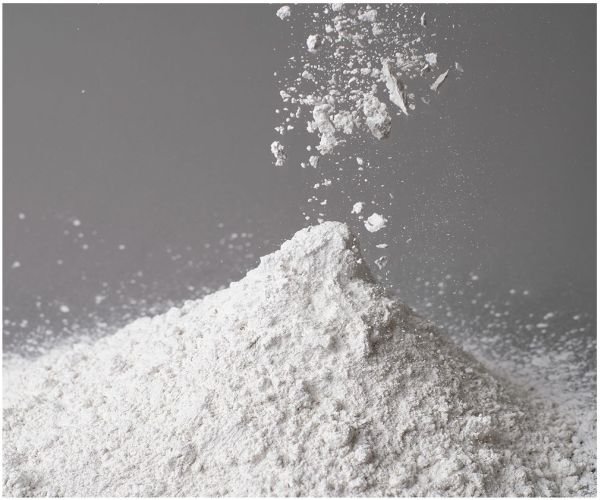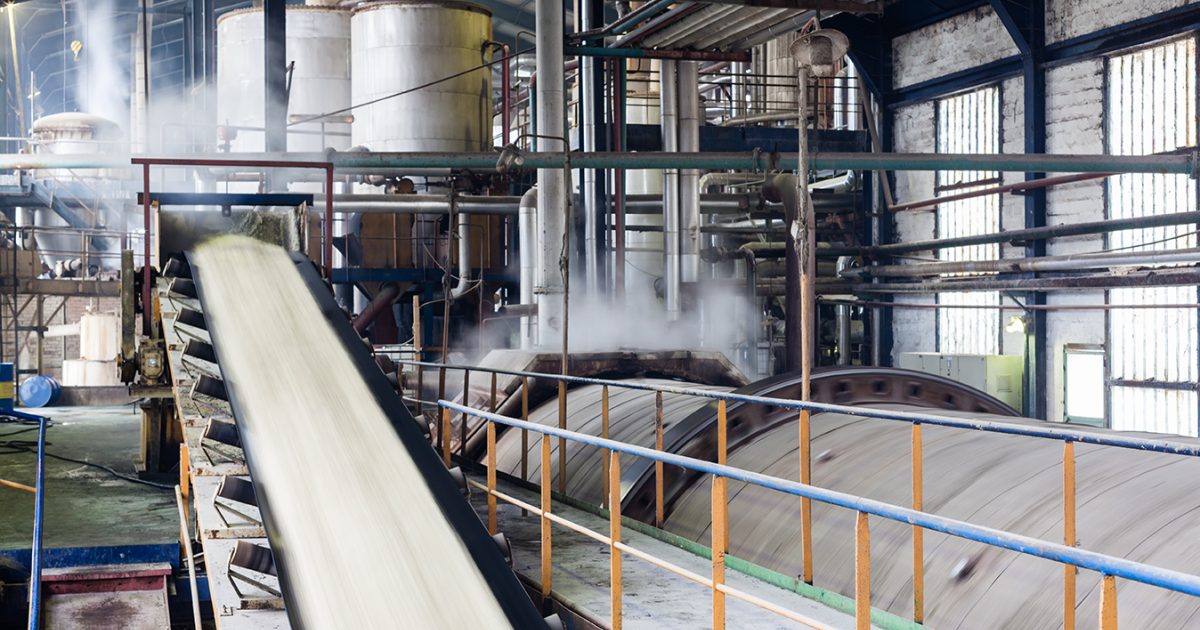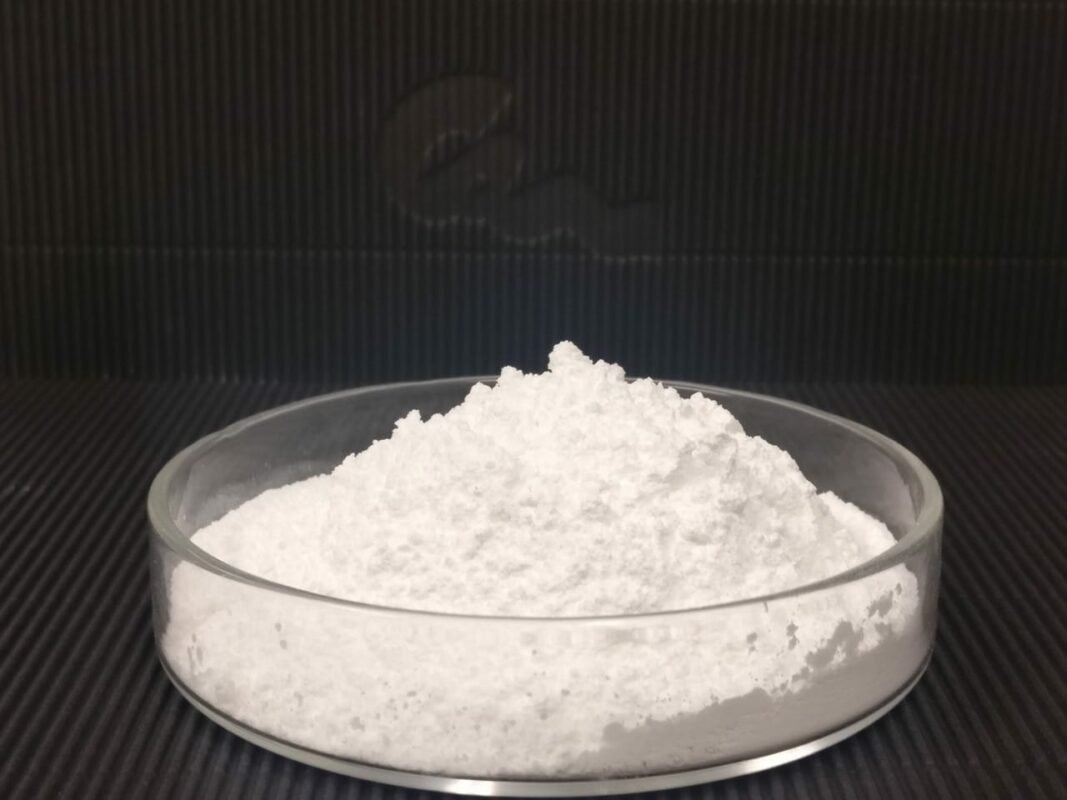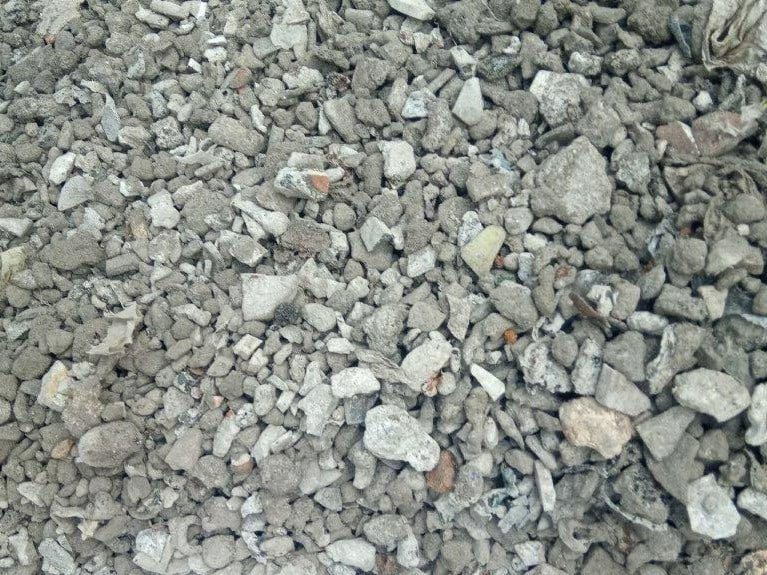Chemicals are an integral part of modern life. The chemical industry is vast and contributes to various sectors, including agriculture, medicine, and energy. The process of producing chemicals involves various stages, including the use of numerous materials. One such material is hydrated lime, which has become a crucial ingredient in many chemical processes. This article will delve into the various innovations in utilizing hydrated lime within the chemical industry.
Introduction
The chemical industry is always looking for ways to optimize its processes and improve efficiency while ensuring environmental sustainability. One such innovation is the use of hydrated lime, which has been found to be an effective and environmentally friendly solution for several chemical industry applications.
What is Hydrated Lime?
Hydrated lime, also known as calcium hydroxide, is a chemical compound that is made from limestone that has been heated to high temperatures. The process of heating limestone, also known as calcination, causes the limestone to break down and release carbon dioxide, leaving behind calcium oxide. When calcium oxide is mixed with water, it reacts to form calcium hydroxide, also known as hydrated lime.
How is Hydrated Lime Used in the Chemical Industry?
Hydrated lime has several applications in the chemical industry, including:
1. Water Treatment
Hydrated lime is used in the water treatment process to soften water and adjust the pH level. It is also used to remove impurities such as heavy metals and organic compounds.
2. Flue Gas Desulfurization
Flue gas desulfurization is the process of removing sulfur dioxide from flue gas emissions. Hydrated lime is used in this process to neutralize the acidic gases produced by burning fossil fuels.
3. Chemical Manufacturing
Hydrated lime is used in several chemical manufacturing processes, including the production of citric acid, sodium carbonate, and other chemicals. It is also used as a catalyst in some chemical reactions.
4. Soil Stabilization
Hydrated lime is used in soil stabilization to improve the stability and load-bearing capacity of soil. It is also used to reduce soil plasticity and improve soil workability.
Applications of Hydrated Lime within the Chemical Industry
- Neutralization of acidic solutions
- Treatment of industrial waste
- Production of calcium-based chemicals
- Removal of impurities in chemicals
Innovations in Hydrated Lime Usage
- Use of hydrated lime as a scrubbing agent
- Replacement of other materials with hydrated lime
- Advancements in production technology.
Benefits of Using Hydrated Lime in the Chemical Industry
The use of hydrated lime in the chemical industry provides several benefits, including:
1. Environmental Sustainability
Hydrated lime is an environmentally friendly solution that reduces the environmental impact of chemical industry processes. It reduces the amount of waste produced and the need for hazardous chemicals.
2. Cost-Effective
Hydrated lime is a cost-effective solution that reduces the cost of chemical industry processes. It requires less energy to produce and is less expensive than other chemical solutions.
3. Improved Efficiency
Hydrated lime improves the efficiency of chemical industry processes by reducing the time and energy required for chemical reactions. It also improves the quality of the end product.
The Future of Using Hydrated Lime in the Chemical Industry
The use of hydrated lime in the chemical industry is expected to increase in the future due to its many benefits. Companies are investing in research and development to find new and innovative ways to use hydrated lime to improve their processes and products.
Challenges in Hydrated Lime Usage
- Proper handling and storage
- The need for specialized equipment
- Safety concerns
Future Trends in Utilizing Hydrated Lime within The Chemical Industry
- Advancements in technology
- Increased research and development
- Shift towards sustainable practices
Case Studies of Hydrated Lime Usage within the Chemical Industry
- Case study 1: Neutralization of acid rain
- Case study 2: Production of titanium dioxide
- Case study 3: Treatment of industrial wastewater
Conclusion
Hydrated lime has become an essential material in the chemical industry due to its numerous applications and benefits. Innovations in utilizing hydrated lime have led to cost savings, improved safety, and environmental sustainability. However, challenges such as proper handling and storage need to be addressed for effective utilization. The future of utilizing hydrated lime within thechemical industry looks promising with continued advancements in technology and a shift towards sustainable practices chemical industry.











